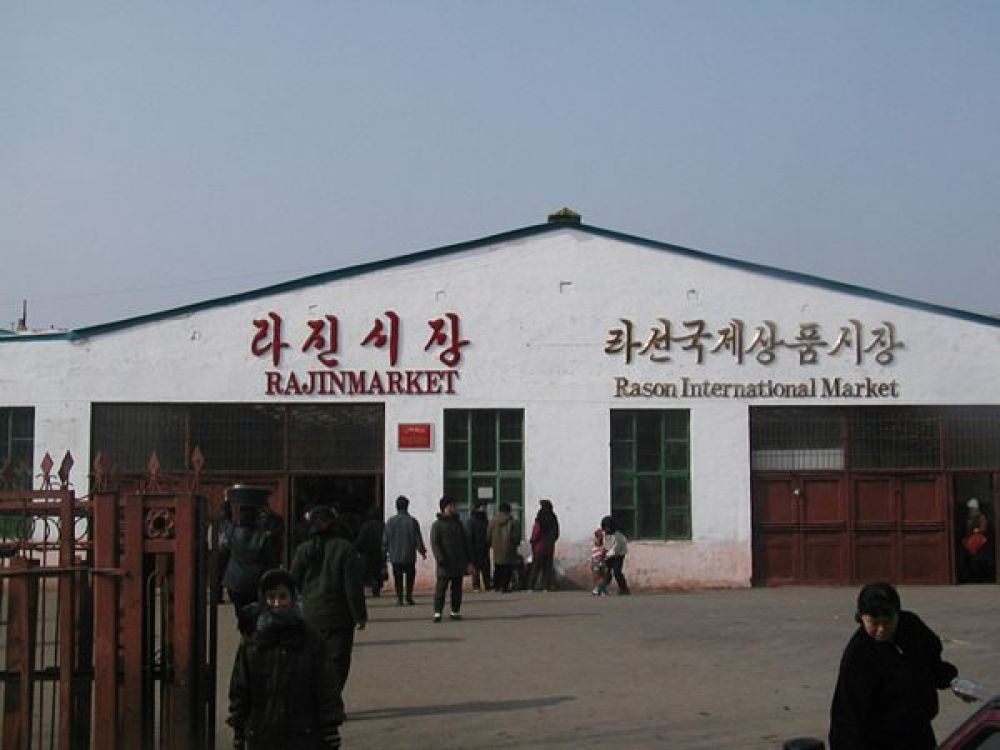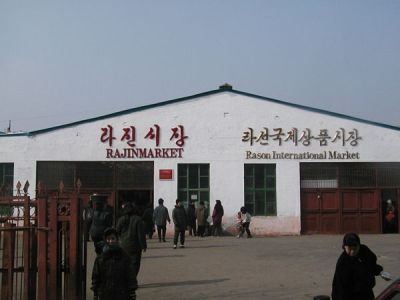

A tour of Rason Market offers visitors a unique chance to observe the daily life of North Koreans and understand their local economy. The Rason Market, also known as Rajin Market, is one of the few places where tourists can interact with locals as they engage in the purchase and sale of a variety of goods. While meandering through the market stalls, tourists can see a wide array of items from foodstuffs to clothing, and household goods. It is a place where the local currency, the North Korean won, is mainly used, and although bargaining is a common practice, it provides an authentic glimpse into North Korean commerce. Photography in the market is typically restricted, and as a visitor, you should be accompanied by a guide at all times. Rules and regulations should be strictly adhered to, as North Korea is known for its stringent laws for both locals and tourists.
Experiencing currency exchange at Rason Market can be an intriguing activity for foreign visitors. Tourists have the opportunity to exchange their foreign currency for North Korean won, which is particularly interesting since the won is typically not traded internationally. The currency exchange counters within the Rason Market are one of the few places where this is allowed for tourists. The experience provides insight into the North Korean currency's worth and its economic condition. Visitors should be aware that the exchange rates may fluctuate and often do not reflect international exchange rates. Tourists are advised to exchange only a small amount of money for the sake of the experience and to ensure that they are accompanied by a guide who can navigate the language and procedural challenges.
Exploring the Rason Market is not complete without sampling the local North Korean cuisine. Food stalls are scattered throughout the marketplace, offering a variety of North Korean dishes and snacks. Some popular items include kimchi, cold noodles (naengmyeon), steamed buns (jjinppang), and rice cakes (tteok). Taking part in the local cuisine sampling allows tourists to have a more immersive experience by trying out foods that are an integral part of the North Korean diet. It’s an activity that satisfies the curious palate and provides a deeper understanding of the local culture through its flavors and culinary practices. Visitors should always follow the guidance of their local tour guides regarding which food stalls to patronize and which foods are advisable to eat.
While browsing Rason Market, tourists have the opportunity to purchase unique North Korean souvenirs. Items may include handcrafted goods, traditional Korean clothing, locally made artwork, books, stamps, and other collectibles that showcase North Korean culture and history. It is an exciting experience for visitors to pick out authentic Korean keepsakes for themselves or as gifts for friends and family back home. This activity not only offers a chance to take a piece of North Korea with them but also provides a means of support for local artisans and traders. Tourists should remember to negotiate prices and be aware of the restrictions on what can be taken out of the country. It’s important to consult the tour guide before finalizing purchases to ensure they are in compliance with export regulations.
Within the quarters of Rason Market, you can partake in an enriching Traditional Korean Tea Experience. An activity cherished by tea enthusiasts and cultural adventurers alike, this experience allows you to savor the taste of authentic Korean teas. You will learn about different types of Korean teas, their brewing methods, and their significance in Korean culture. Korean tea ceremonies are known for their peaceful and contemplative nature, reflecting the country’s deep-rooted philosophies. This experience is not only about sampling teas such as green tea or insam-cha (ginseng tea) but also about understanding the cultural nuances and etiquette that accompany this treasured Korean tradition. Keep in mind that the tea-drinking landscape in North Korea might be slightly different from South Korea, providing a unique perspective on this age-old custom.
